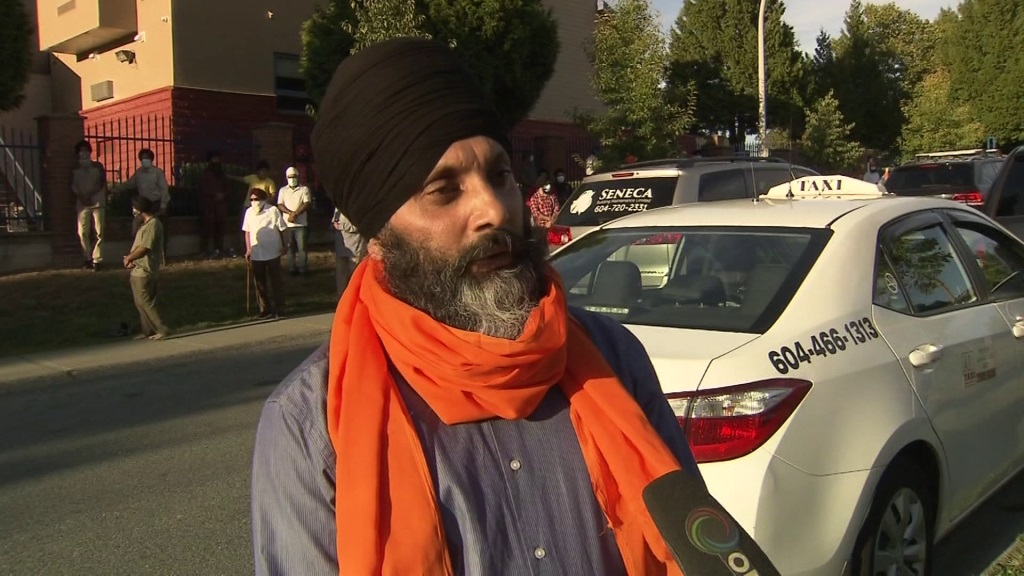Irish story ‘The Glorious Heresies’ wins Baileys prize
Posted Jun 8, 2016 02:52:08 PM.
Last Updated Jun 8, 2016 05:35:30 PM.
This article is more than 5 years old.
LONDON – Lisa McInerney won the Baileys Women’s Prize for fiction Wednesday with “The Glorious Heresies,” a funny and ferocious novel about struggling characters in financial-crisis Ireland.
McInerney beat five other finalists from Britain, Ireland and the United States to take the 30,000 pound ($43,000) award at a ceremony in London.
McInerney first gained attention with a blog about working-class Irish life, written under the pen-name Sweary Lady, and the novel takes a similarly unflinching approach. Set amid the Cork underworld, its characters include a gangster, a sex worker feigning religious conversion, an accidental murderer and a 15-year-old drug dealer.
“Some of these characters have been in my head for years,” said McInerney, adding that the marginalized working-class people she depicts are closer to the mainstream than many readers might think.
“I have known people who have made fairly stupid decisions when they were younger that got out of control,” she said. “I just feel very much that these are characters that aren’t necessarily in literary fiction a lot, and their lives are just as important.”
Lawyer Margaret Mountford, who chaired the judging panel, called McInerney “a fresh new voice.” Frances Gertler of the Foyles bookshop chain said the result was “a brave choice of winner by the least conventional and edgiest writer on the list.”
The annual award is open to female English-language writers from around the world.
The other shortlisted books were Cynthia Bond’s “Ruby,” Hannah Rothschild’s “The Improbability of Love,” Elizabeth McKenzie’s “The Portable Veblen,” Anne Enright’s “The Green Road” and Hanya Yanagihara’s “A Little Life.”
Irish fiction — always a fertile field — has been winning accolades recently. Enright won the Booker Prize in 2007 with “The Gathering,” and Eimear McBride took the 2014 Baileys Prize with “A Girl is a Half-Formed Thing.”
“I think there is a lot of confidence in writing in Ireland, because every second person is a fantastic storyteller,” McInerney said. “And we have such an amazing literary history as well, so it doesn’t necessarily occur to us the way I think it might occur to other people that we can’t do it.”
“I think everybody in Ireland is writing something.”










